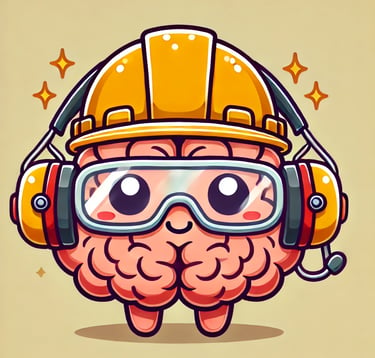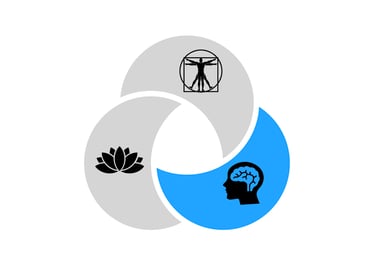Quality Mind = Quality Life
34% of adults report feeling completely overwhelmed by stress on most days. Worldwide, happiness levels are stagnating—or even declining—in major economies, while the use of antidepressants has more than doubled in the last 20 years.
This raises an important question: Why, despite advancements in healthcare, technology, and living conditions, do so many people continue to struggle with stress and dissatisfaction?
3 fundamental insights about the mind provide an answer:
Understanding these fundamental mechanisms helps us see that our struggles are not personal failures, but rather natural consequences of how the mind operates. The key is not to silence negative thoughts or force happiness but to develop a different relationship with our mental processes - learning to observe them without being controlled by them.
Rather than asking why am I not happier? perhaps a more useful question is how can I work with my mind, rather than against it?




A key insight from neuroscience and psychology is that the human brain is not designed for happiness - it is designed for survival. Over millions of years, evolution has shaped the mind to prioritize detecting threats, solving problems, and ensuring our safety. This means our brains are naturally wired to focus on what is wrong, what could go wrong, and what we need to fix. While this negativity bias once helped our ancestors avoid danger, today it often fuels chronic stress, anxiety, and dissatisfaction.
The mind is a prediction machine, constantly simulating possible futures in an attempt to control uncertainty. It generates stories about who we are, what others think of us, and what will happen next - often with a strong bias toward worst-case scenarios. This relentless mental chatter can make it difficult to stay present, leading to overthinking, rumination, and emotional exhaustion.
The mind is not a single, unified entity but rather a collection of competing neural networks. The primitive, survival-driven parts of the brain (like the amygdala) react instinctively to threats, while the higher-order cognitive functions (like the prefrontal cortex) allow for reasoning, self-reflection, and long-term planning. However, the survival systems tend to dominate our actions and emotions, making thinking harder and driving impulsive reactions.
© 2025. All rights reserved.
Office in the heart of Zurich
Contact form
Therapy Central
